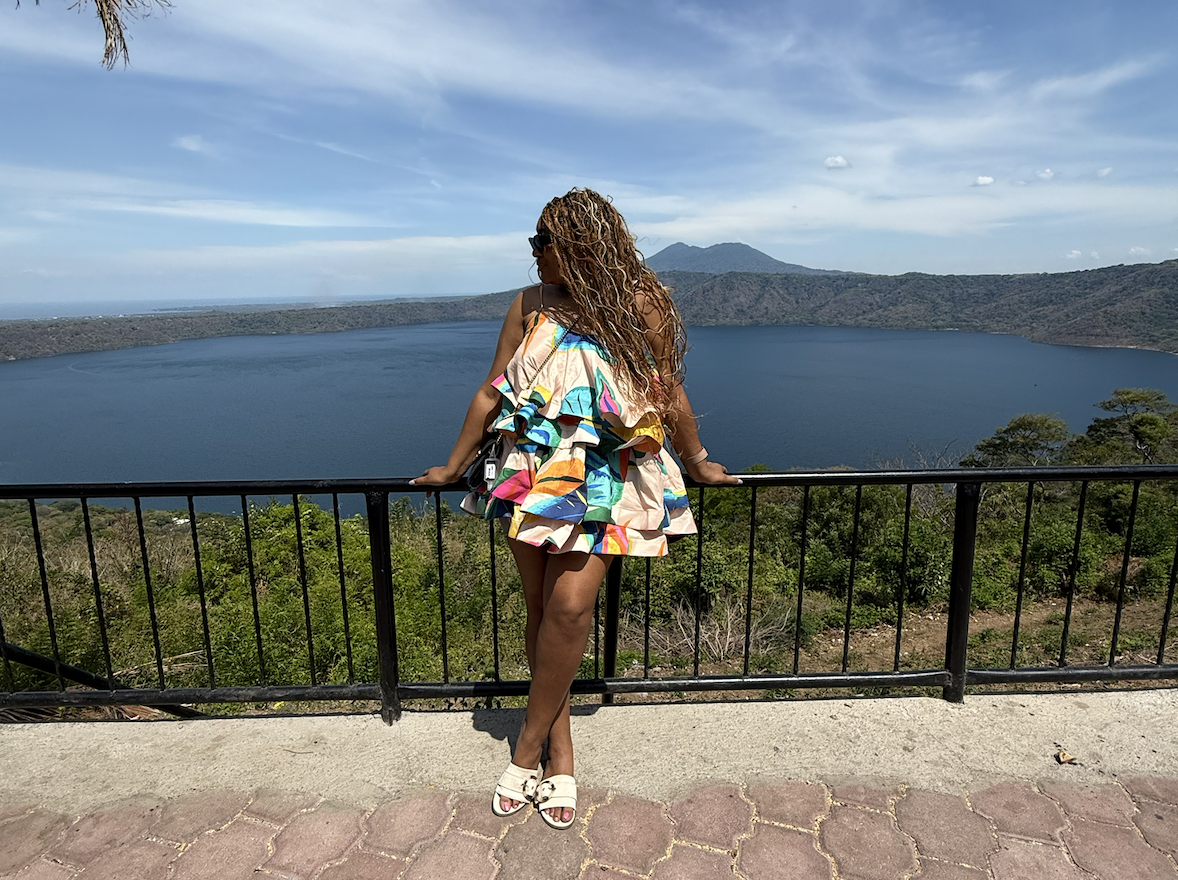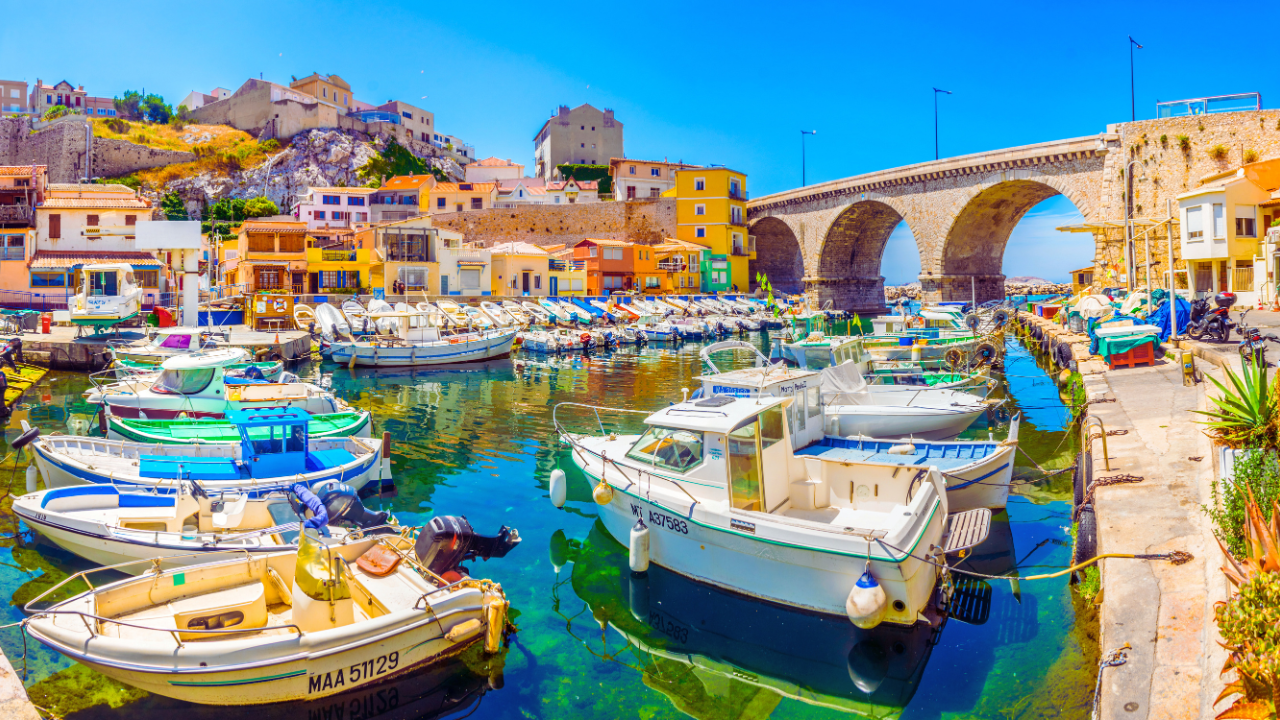It was the “universal head nod” of acknowledgment and a wave of hellos to two Black travelers as my friends and I walked into Garden Café in Granada, Nicaragua. The two travelers enthusiastically waved us over to their table, where we exchanged hugs and introductions before one of them asked the restaurant staff to pull up three extra chairs to join them for breakfast.
We initially thought the man and woman were a couple but later found out they met just days prior.
“She was walking across the street, so of course I had to say hi to my sister,” Mike told us as he ordered a round of mimosas for our now table of five to celebrate our friend’s milestone 40th birthday.
The restaurant staff was (innocently) confused after learning that we did not know each other. However, all of us recognized the often unspoken familiarity when seeing other Black travelers in places you least expect.
Generally, I approach all my destinations the same, whether it’s my first or seventh time. I leave any expectations at the gate in America and embrace the journey. I’m big on self-discovery beyond social media to mitigate expectations, and it’s important to get lost in a place. Of course, some research is involved — including country background, what the destination is known for (coffee, chocolate, leather, steak in Granada), local customs, what’s better between cash and credit card, and information about local Black culture and the Black expat community.
This wasn’t meant to be a work trip, but I had to ask why they were in Granada. The woman we met (let’s call her Kay for anonymity) says she’s exploring Granada because she’s considering residency. She lived in Costa Rica for over a decade (a community she loves) but says the cost of living has significantly increased. In some areas, rent has quadrupled, and locals are frustrated by expats driving up costs. She’s looking at Nicaragua as an alternative.
Mike travels for months at a time and has been hearing a lot about Granada from his circle of friends for some time. This conversation and the one I had with Kevin Jones (the owner of Pan de Vida, one of the few Black-owned restaurants in Nicaragua) made it clear that Granada is an attractive destination for Black expats. Here’s why.
A Welcoming Atmosphere
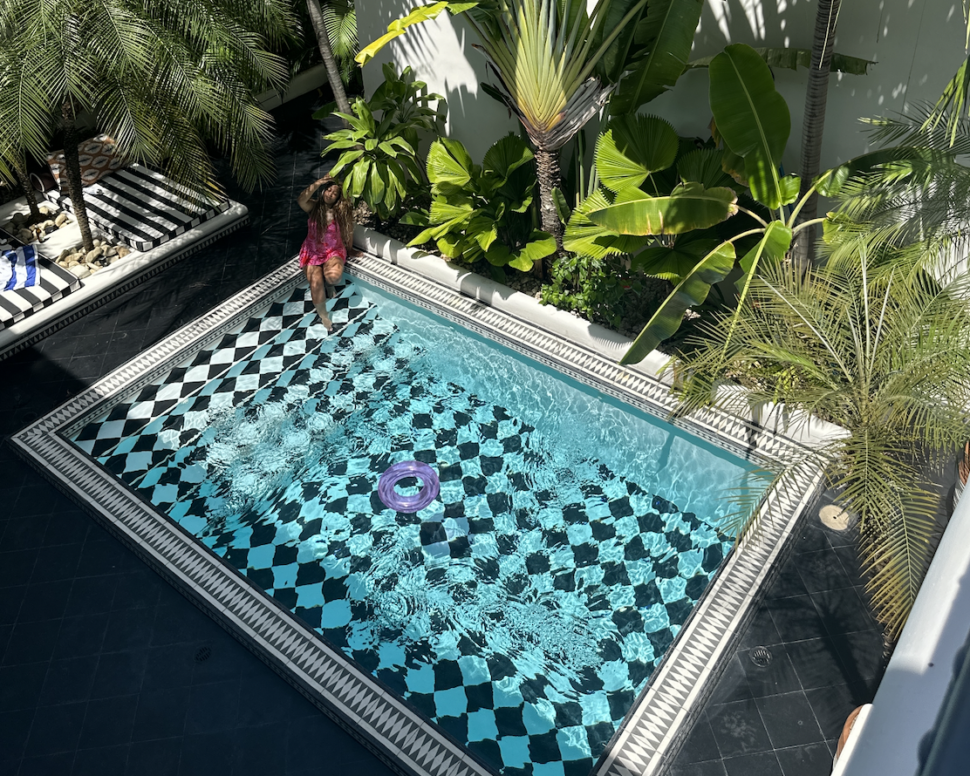
Granada is roughly 30 miles from the capital city of Managua, where most people fly into. We felt welcomed from the moment we arrived (aside from a questionable experience at the airport).
Living somewhere is different from visiting, but Black expats confirmed the warm welcome. Kevin, who has lived in Nicaragua for over a decade, said people in the Granada community would pitch in and help when he built his restaurant. They ensured he was connected to the right people, felt supported, and checked in regularly. His restaurant draws both locals and tourists, reflecting Granada’s welcoming spirit.
As short-term visitors, we felt the same attitude. Locals were eager to share Granada and recommend places to eat, relax, and explore.
Small-Town Living And Relatively Safe
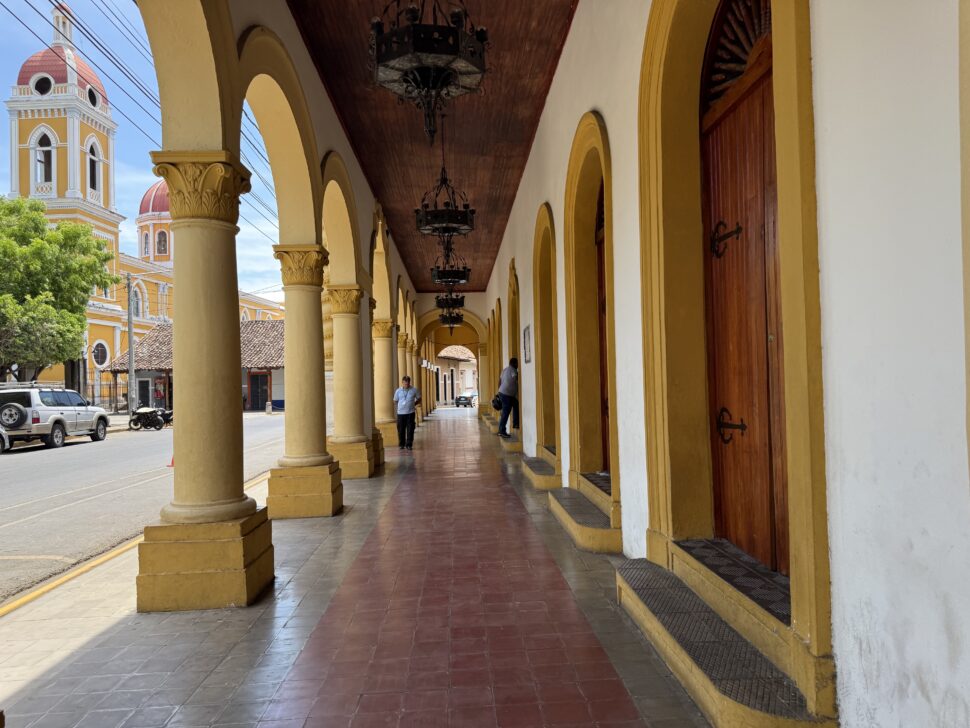
Granada is the oldest colonial city in Nicaragua and preserves much of its original architecture and charm. Though it’s the oldest town, it’s not the largest — offering Black expats a close-knit, small-town vibe.
Exiting the “rat race” is a commonly cited reason why people choose to become expats who want a slower pace of life. Granada’s small-town vibes and laidback atmosphere offer Black expats the chance to achieve better work-life balance.
Like anywhere, Granada has some crime but is relatively safe with basic precautions. Stay aware, avoid dark areas, and secure your things.
Beautiful Weather And Outdoor Spaces
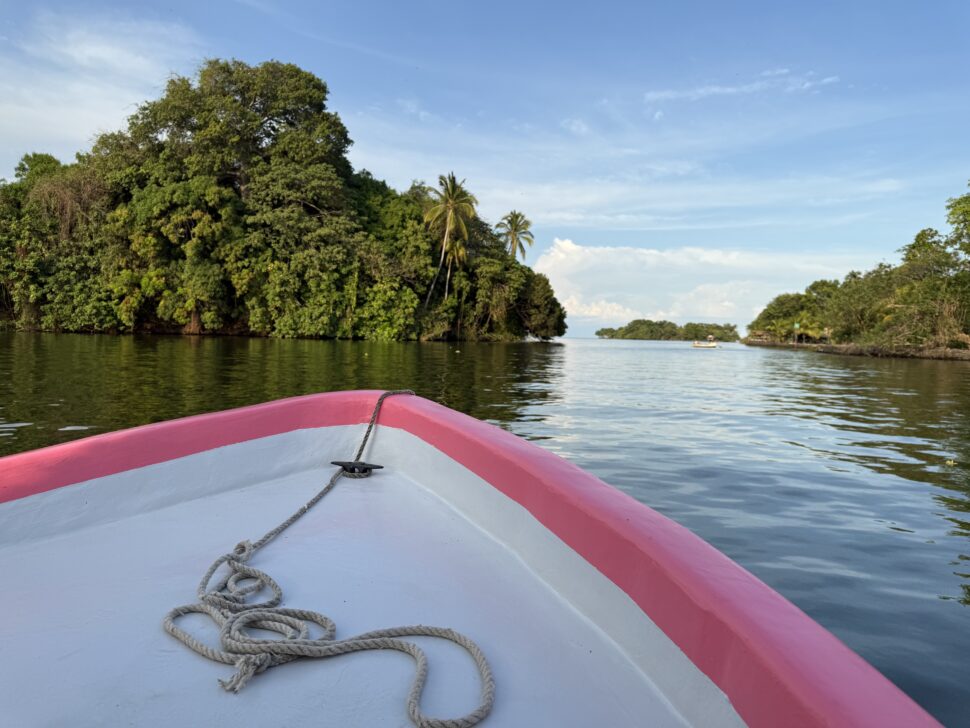
For Black Americans, there are persistent health disparities — including shorter life expectancies, higher maternal and infant mortality rates, and greater risks of certain diseases — due to factors like limited resources, lower-quality health care, and systemic inequality.
Studies show that time in nature boosts physical and mental health, lowering disease risk, lifting mood, and extending lifespan.
One of Granada’s best features is its tropical climate. The warm (sometimes humid) weather allows people to spend time outdoors year-round. As an expat, I expect to spend a significant amount of time outdoors, which could ultimately lead to better health outcomes. With Lake Nicaragua nearby, Black expats can spend plenty of time on the water.
Laguna de Apoyo, a beautiful crater lake, is nearby and offers plenty of activities, such as swimming, kayaking, and stand-up paddleboarding.
Masaya Volcano National Park, with two volcanoes and five craters, is just a short drive from Granada.
The Cost Of Living — Let’s Talk About It Responsibly
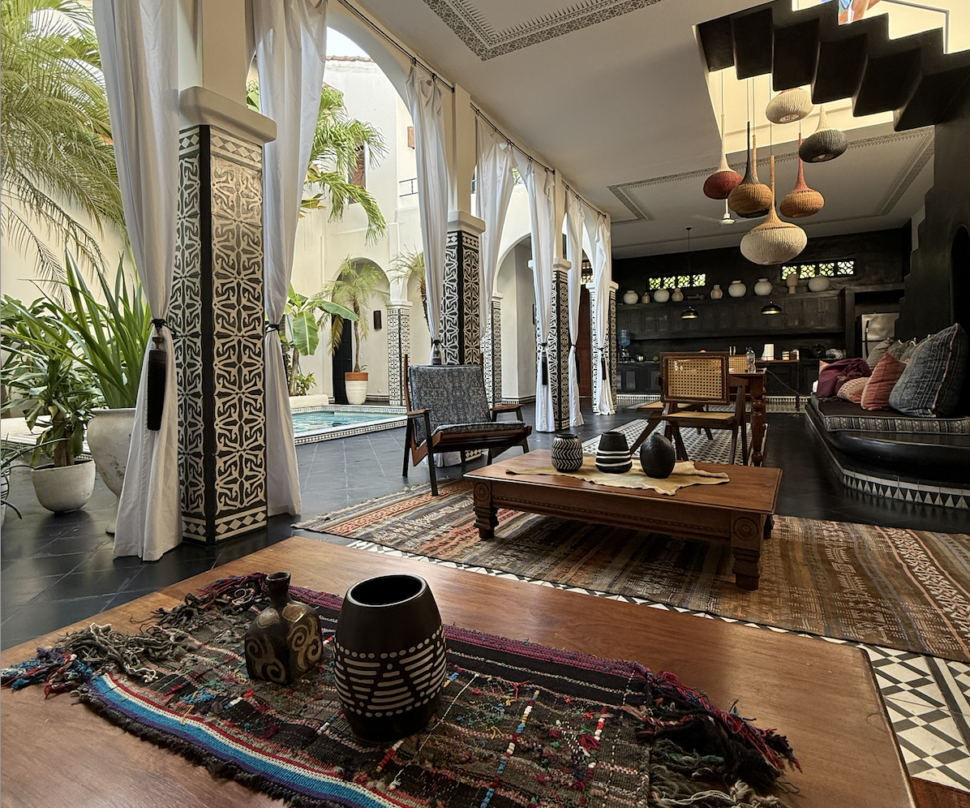
Another draw to expat life is often the cost of living compared to the United States. However, more affordable living often comes at a cost to locals. If you’re considering expat life in Granada, remember how Black communities have been gentrified — and do the opposite.
Be mindful of your spending habits, support local businesses, and avoid bidding wars that inflate housing prices and displace locals. Always consider the impact on the local community and embrace local traditions when it comes to how you consume resources such as water and electricity.
